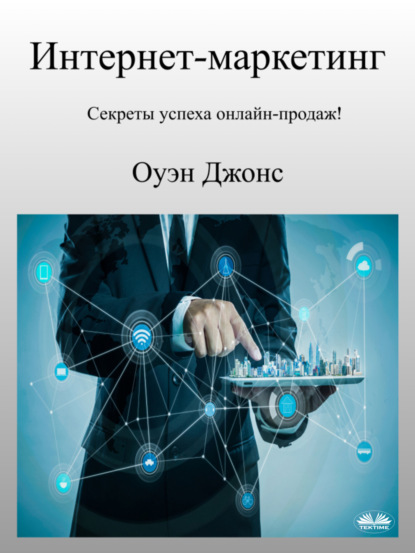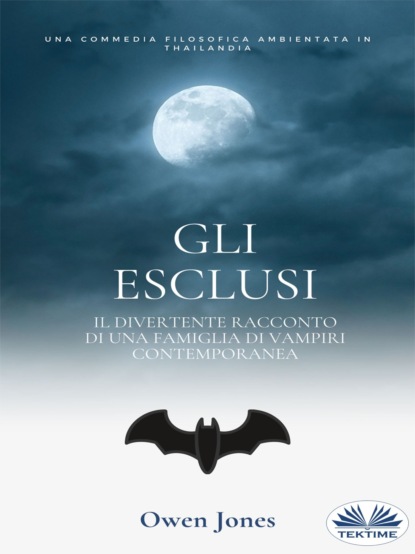
Полная версия:
Owen Jones Andropov's Cuckoo
- + Увеличить шрифт
- - Уменьшить шрифт

1 ANDROPOV’S CUCKOO
A Story of Love, Intrigue and The KGB
by
1 Owen Jones
Copyright © August 14th, 2020 Owen Jones
Fuengirola, Spain.
The right of Owen Jones to be identified as the author of this work has been asserted in accordance with sections 77 and 78 of the Copyright Designs and Patents Act 1988. The moral right of the author has been asserted.
In this work of fiction, the characters and events are either the product of the author’s imagination or they are used entirely fictitiously. Some places may exist, but the events are completely fictitious.
Andropov’s Cuckoo
A Story of Love, Intrigue and The KGB
By Owen Jones
Published by Megan Publishing Services
at Megan’s Market
Megan’s Market Edition, License Notes
This ebook is licensed for your personal enjoyment only. This ebook may not be copied, re-sold or given away to other people. If you would like to share this book with another person, please purchase an additional copy for each recipient. If you are reading this book and did not purchase it, or it was not purchased for your use only, then please return to Megan Publishing Services and purchase your own copy. Thank you for respecting the hard work of this author.
1 DEDICATION
This edition is dedicated to my wife, Pranom Jones, for making my life as easy as she can - she does a great job of it.
Karma will repay everyone in just kind.
1 INSPIRATIONAL QUOTES
Believe not in anything simply because you have heard it,
Believe not in anything simply because it was spoken and rumoured by many,
Believe not in anything simply because it was found written in your religious texts,
Believe not in anything merely on the authority of teachers and elders,
Believe not in traditions because they have been handed down for generations,
But after observation and analysis, if anything agrees with reason and is conducive to the good and benefit of one and all, accept it and live up to it.
Gautama Buddha
––
Great Spirit, whose voice is on the wind, hear me. Let me grow in strength and knowledge.
Make me ever behold the red and purple sunset. May my hands respect the things you have given me.
Teach me the secrets hidden under every leaf and stone, as you have taught people for ages past.
Let me use my strength, not to be greater than my brother, but to fight my greatest enemy – myself.
Let me always come before you with clean hands and an open heart, that as my Earthly span fades like the sunset, my Spirit shall return to you without shame.
(Based on a traditional Sioux prayer)
1 CONTENTS
1 William Davies
2 Yui Mizuki
3 Natalya Petrovna
4 Summer 1967
5 Yuri Vladimirovitch Andropov
6 Operation Youriko
7 The Plan is Afoot
8 The KGB
9 The Daily Grind
10 The Holiday
11 Lubyanka
12 Gulag Archipelago
13 A New Job
14 Leningrad 1978
15 Mushy-Brained and Gooey-Eyed
16 Sochi, Krasnodarskaya Krai
17 The Full Bottle
18 The Mule Train
19 The Last Leg
20 Cheltenham
21 Epilogue
22 Afterword
Dead Centre – Chapter One
About the Author
Конец ознакомительного фрагмента.
Текст предоставлен ООО «ЛитРес».
Прочитайте эту книгу целиком, купив полную легальную версию на ЛитРес.
Безопасно оплатить книгу можно банковской картой Visa, MasterCard, Maestro, со счета мобильного телефона, с платежного терминала, в салоне МТС или Связной, через PayPal, WebMoney, Яндекс.Деньги, QIWI Кошелек, бонусными картами или другим удобным Вам способом.





